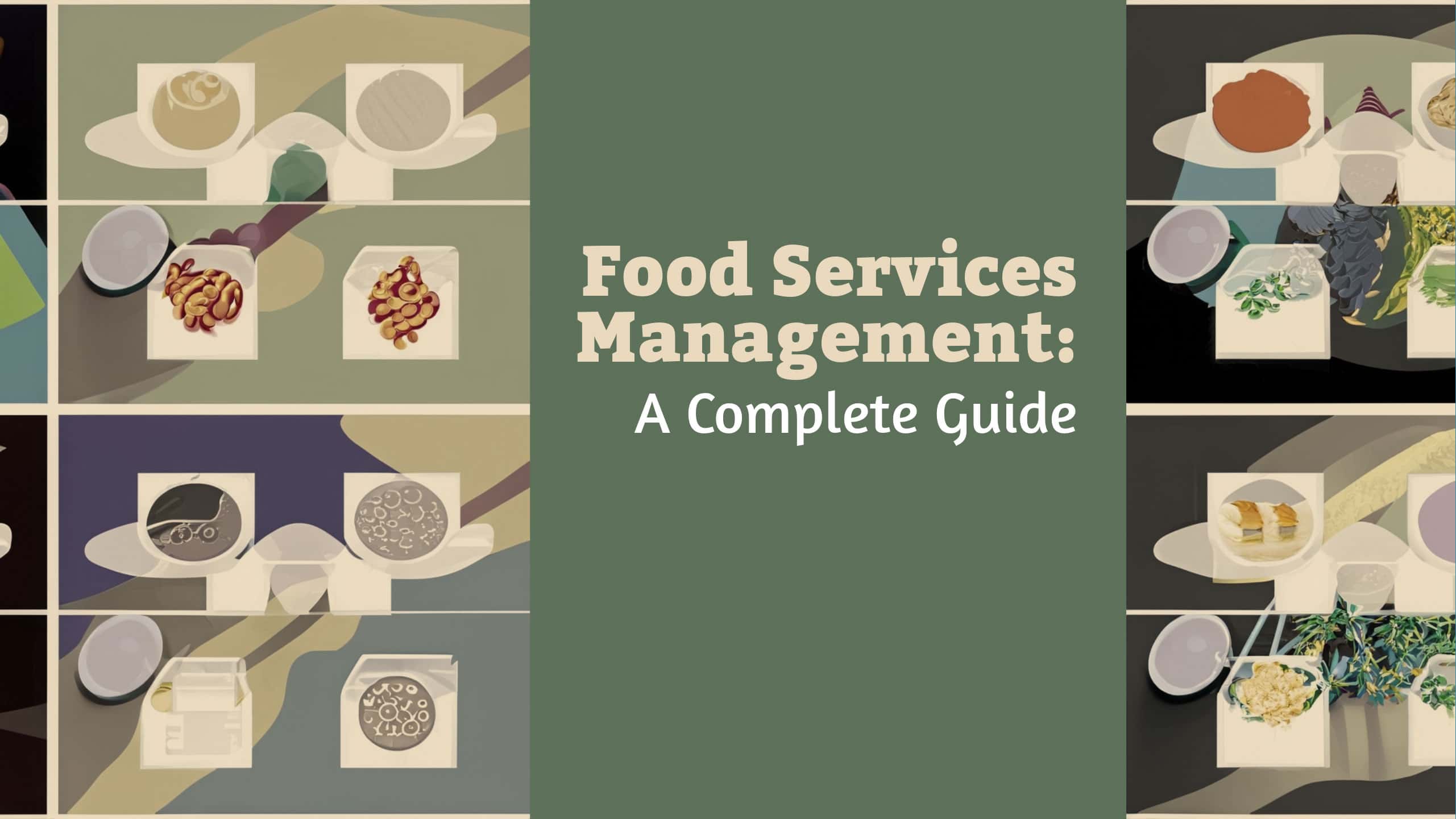- Home
- Tourism and Travel
- Food Services Management: A Complete Guide
Table of Contents
Exploring the Art of Food Services Management
In a world where culinary tastes meet the dynamism of the hospitality industry, food services management emerges as the cornerstone of a seamless dining experience. It’s a realm where logistics, gastronomy, and customer satisfaction intertwine, challenging individuals to orchestrate the perfect symphony of service. This article delves into the essence of food services management, and the pathways that lead to success within this vibrant field.
What is Food Services Management?
Food services management is the backbone of the culinary and hospitality sectors, encompassing the oversight of food planning, operations, and service within various dining establishments. This managerial domain extends to sourcing ingredients, adhering to safety regulations, managing staff, and ensuring customer delight. It is the art and science of delivering gastronomic pleasures while balancing the economics of food production.
Food services managers are the maestros conducting the performance of a bustling eatery. Their responsibilities stretch far beyond the kitchen’s confines, requiring an overarching view of the establishment’s functionality. They recruit and train staff, manage inventory, enforce health standards, develop menus, and oversee customer relations—all while keeping an eye on the establishment’s profitability.
In hospitality, the satisfaction of patrons is paramount, and food services management is the catalyst for this fulfillment. It ensures that dining experiences are not only delightful but also efficient, safe, and economically viable. An effective food services management strategy can significantly elevate an establishment’s reputation, turning a meal into a memorable event.
Essential Skills for the Aspiring Food Services Manager
- Critical Thinking and Problem-Solving: This fast-paced industry demands quick, innovative decision-making. A manager might need to swiftly address a supply shortage by sourcing alternative ingredients without compromising quality.
- Leadership and Team Management: An effective manager leads a team with charisma and clarity, whether it’s rallying the troops during a rush hour or mentoring a new chef on the intricacies of the kitchen.
- Financial Acumen and Budgeting: The economic side is just as crucial; a successful manager might navigate the delicate balance between premium ingredients and cost-efficiency to deliver a menu that delights both the palate and the bottom line.
- Customer Service Excellence and Operations Management: The ultimate goal is guest satisfaction, achieved by seamless service management, whether it’s through an impeccably timed meal service or a personalised dining experience for a VIP guest.
Diverse Career Pathways in Food Services Management
The career avenues in food services management are as varied as the dishes served. Opportunities abound in high-end restaurants, hotels, corporate cafeterias, and beyond. Consider a career that might start in the energetic heart of a kitchen and evolve to managing multiple establishments, shaping the dining experiences of countless satisfied customers.
One could look at the story of a line cook who, through dedication and strategic career moves, becomes the director of food services at a luxury resort. Or a culinary graduate who leverages their education to become a sought-after consultant for sustainable food practices.
The Rewarding Journey of a Food Services Manager
A career in food services management can lead to various settings, including high-end restaurants, bustling hotels, corporate dining facilities, and more. Each environment presents unique challenges and opportunities for growth.
From an entry-level manager to a regional director or even a corporate executive, the career trajectory in food services management is as varied as the cuisine served. Growth potential is fueled by experience, education, and the ever-evolving skills required to stay ahead in the industry.
Countless success stories pepper the industry, from individuals who have climbed the ladder from line cooks to food services directors. These narratives are not only inspiring but also offer valuable insights into the versatility and rewards of a career in food services management.
Understanding food services management is to comprehend the pulse of the hospitality industry. With a blend of strategic acumen, a passion for service, and a dedication to culinary excellence, aspiring food services managers are poised to thrive in a career that is as fulfilling as it is challenging. Whether it’s in a cozy bistro or a sprawling resort, the opportunities for growth, innovation, and success in this field are as abundant as the diverse cuisines that feed the soul of society.
Becoming a food services manager requires a blend of passion, skills, and education. As you move through the A-Z of food services management, remember that this field is as rewarding as it is challenging. With the right preparation and mindset, you can shape a career that’s both fulfilling and vibrant.



